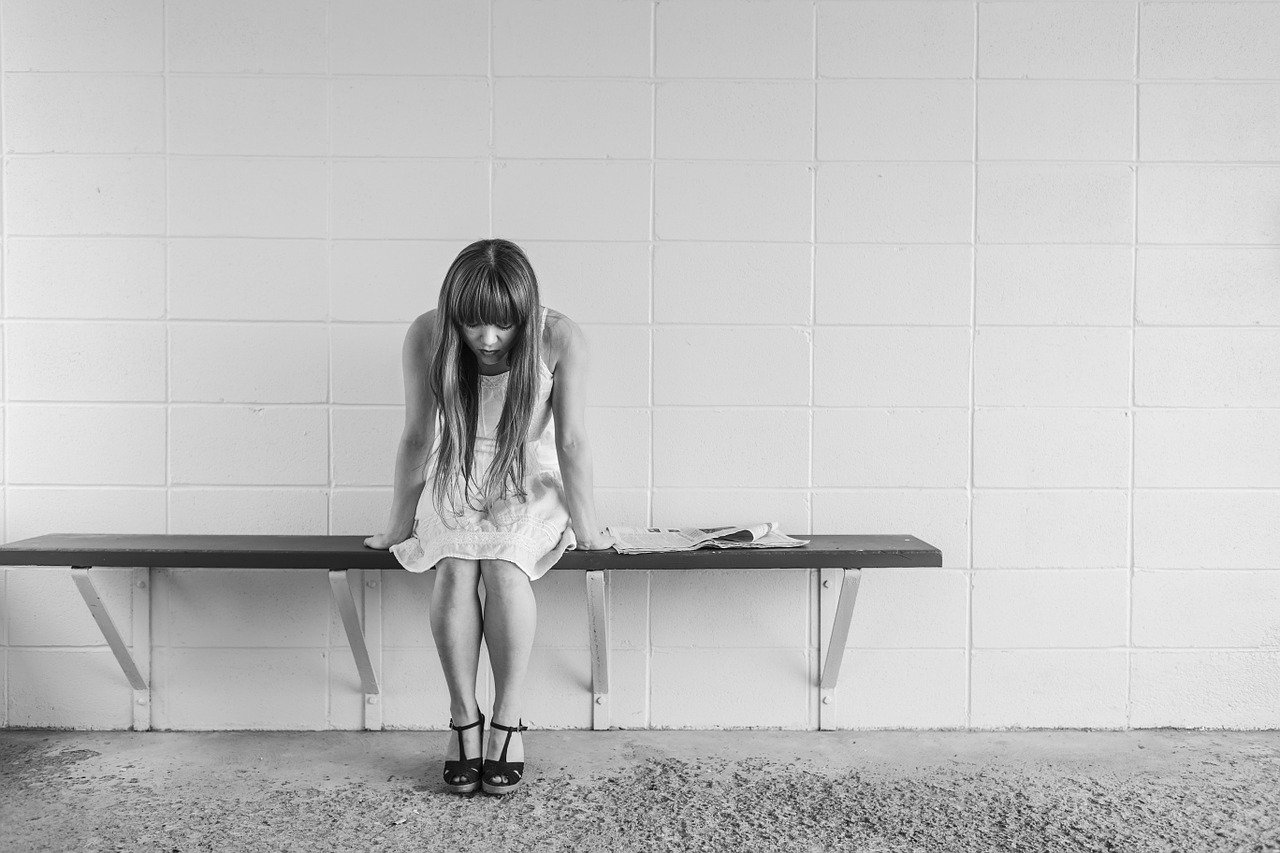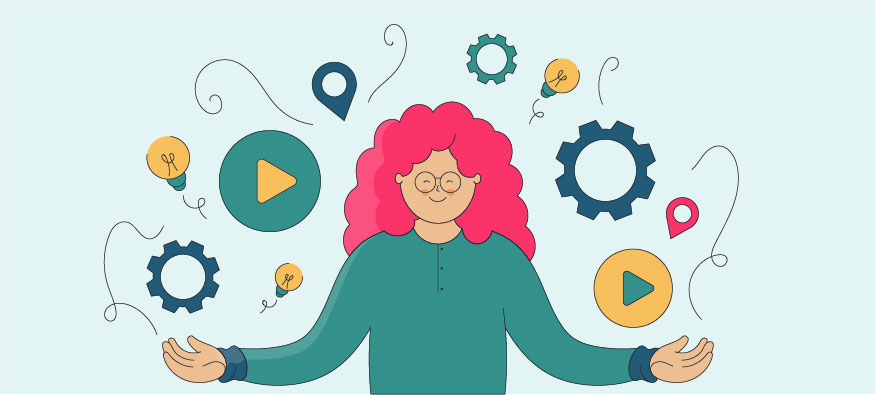Depression is one of the most common mental disorder that is often misunderstood by most people. It is very difficult to fathom the feeling, thoughts, and experiences of the person experiencing it.
Facts
Here are some of the basic facts about depression:
- Major depression is one of the most common mental illnesses, affecting 6.7% (more than 16 million) of American adults each year.
- Depression causes people to lose pleasure from daily life, can complicate other medical conditions like heart disease, and can even be serious enough to lead to suicide.
- Depression can occur to anyone, at any age, and to people of any race or ethnic group. Depression is a mental disorder and is never a “normal” part of life, no matter what your age, gender or health situation.
- While the majority of individuals with depression have a full remission of the disorder with effective treatment, only about a third (35.3%) of those suffering from severe depression seek treatment from a mental health professional. Too many people resist treatment because they believe depression isn’t serious, that they can treat it themselves, or that it is a personal weakness rather than a serious medical illness.
Aside from the facts stated above, according to the National Institute of Mental Health (NIMH), major depression is one of the most common mental disorders in the United States.
Data from the Substance Abuse and Mental Health Services Administration (SAMHSA) also shows that in 2017, an estimated 17.3 million adults in the United States reported having at least one major depressive episode in the previous 12 months. That’s 7.1% of all US adults ages 18 and older.
Adult females have a higher prevalence of experiencing a major depressive episode than their male counterparts—8.7% compared to 5.3% in adult males. Depression in the adolescent population (ages 12 to 17) has also increased. An estimated 3.2 million adolescents had at least one major depressive episode—a number that represents 13.3% of the adolescent population.
However, with all these given facts and data, depression still remains one of the most commonly misunderstood mental illnesses in the world.
What is Depression?
Depression (major depressive disorder) is a common and serious mood disorder that negatively affects how you feel, the way you think and how you act. It causes feelings of sadness and/or a loss of interest in activities once enjoyed. Can lead to a variety of emotional and physical problems and can decrease a person’s ability to function at work and at home. It is different from just being sad.
Signs and Symptoms of Depression
According to the American Psychiatric Association, depression symptoms can vary from mild to severe and can include:
- Feeling sad or having a depressed mood
- Loss of interest or pleasure in activities once enjoyed
- Changes in appetite — weight loss or gain unrelated to dieting
- Trouble sleeping or sleeping too much
- Loss of energy or increased fatigue
- Increase in purposeless physical activity (e.g., hand-wringing or pacing) or slowed movements and speech (actions observable by others)
- Feeling worthless or guilty
- Difficulty thinking, concentrating or making decisions
- Thoughts of death or suicide
Symptoms must last at least two weeks for a diagnosis of depression.
Also, medical conditions (e.g., thyroid problems, a brain tumor, or vitamin deficiency) can mimic symptoms of depression so it is important to rule out general medical causes.
Types of Depression
According to the Diagnostic and Statistical Manual of Mental Disorders 5th Edition (DSM-V), there are 9 different types of depression which are Major Depression, Dysthymia, Seasonal Affective Disorder, Atypical Depression, Bipolar Disorder, Psychotic Depression, Postpartum Depression, Premenstrual Dysphoric Disorder, and Situational Depression.
Major Depression is the most common type of depression. Often, people with major depression experience recurrent episodes throughout their lives.
Dysthymia is a persistent low mood over a long period of time, even a year or more. It could be described as feeling like you’re living on autopilot.
Seasonal Affective Disorder is a type of depression brought on from a lack of natural sunlight. Some people are more sensitive to the lower amount of light in the wintertime and this can cause them to have a mood disorder such as depression.
People Atypical Depression often report feeling a heaviness in their limbs. They may suffer from irritability and relationship problems, as well as be prone to overeating and oversleeping.
Bipolar Disorder is also called Manic Depressive Disorder because it involves alternating between manic and depressive episodes.
Psychotic Depression include depressive episodes that sometimes can get so severe that hallucinations or delusions are present, the person becomes catatonic, or they feel stuck in bed.
Postpartum Depression occurs after giving birth. Mothers may feel disconnected from their new baby or fear that they will hurt their child.
Premenstrual Dysphoric Disorder is a severe depression that shows up during the second half of the menstrual cycle is called. It affects the individual’s ability to function normally.
Situational Depression is triggered by a life-changing event. It could be anything, from stressful events like losing your job to the death of an immediate family member.
Dealing with Depression
People with depression need help as much as those battling with physical illness. However, because most of the time these people experiencing it are often misunderstood, they are afraid to reach out and ask for help. So here are some important things to consider when dealing with depression.
Accepting and sharing of feelings is important. For people battling with depression, opening up about their situation can be very hard especially when they have opened up to someone before and ignored them. Accepting and sharing their feelings may actually lead them to healing because they know that someone is listening and caring for them without judgment.
Isolation will not solve the problem. Most people isolate themselves when battling with depression and this can only make things worse. If you’re the one dealing with this mental illness, it’s better to try forcing yourself to be social – try doing the things that you loved to do before, try spending face to face time with your friends, or try volunteering in a charity work.
Seek for professional help. Seeking professional help is very important in dealing with depression. Depression is treatable and there are a lot of therapies that can help you go back to your usual self. It’s not a shame to ask for help, let’s end this stigma
Are you passionate about sharing your insights and expertise? We invite you to write for us! Whether you’re a seasoned writer or just starting out. We’re looking for fresh perspectives on a variety of topics, from lifestyle and wellness to technology and travel.
 Lifeyet News Lifeyet News
Lifeyet News Lifeyet News





